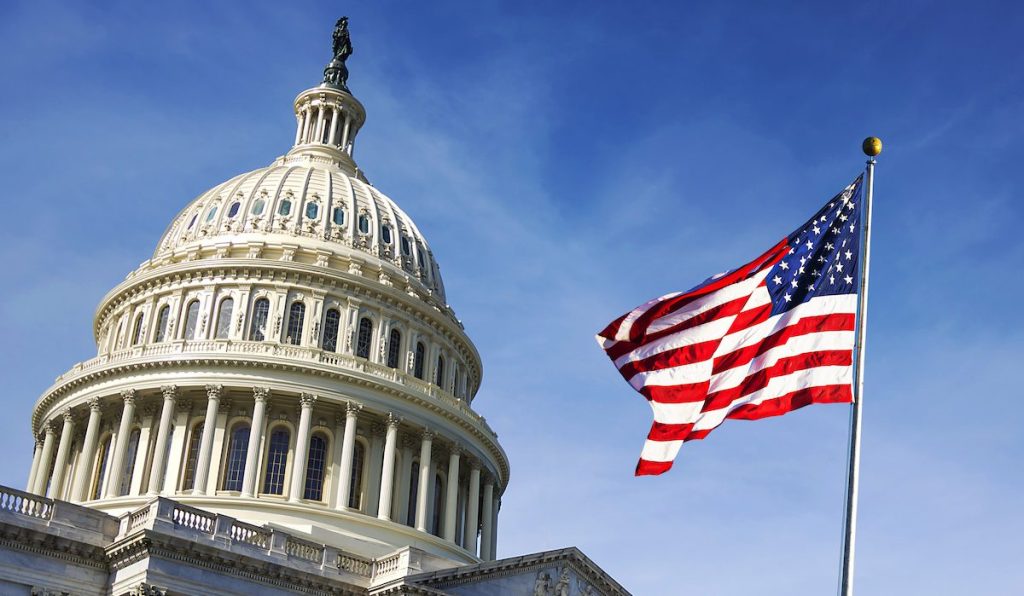A coalition of seven housing interest groups including the Mortgage Bankers Association (MBA), the Community Home Lenders of America (CHLA), the National Association of Realtors (NAR) and the National Reverse Mortgage Lenders Association (NRMLA) have co-signed a letter urging the full funding of both the Federal Housing Administration (FHA) and Ginnie Mae.
As government funding remains a sticking point in a very narrowly divided legislative branch of government, reductions for these housing agencies could allow them to fail to meet critical housing challenges that many Americans continue to face, the letter explained.
“The [budget agreement] enacted this past spring contained an overall discretionary spending level of 1% below FY 2023 spending levels,” the letter said. “At this time, it is unclear whether FY 2024 HUD funding will be approved through a traditional conference report, a continuing resolution, or a reversion to the budget agreement default process.”
Any of those outcomes would result in an overall 1% cut in discretionary spending, which “raises serious concerns about funding levels for FHA and Ginnie Mae, considering the critical role these programs play in support of affordable homeownership,” the letter said.
FHA, the groups argue, provides “the most important mortgage option for affordable mortgage loans for first-time, minority, and other underserved homebuyers – responsibly serving qualified borrowers with low down payment requirements or minor credit blemishes,” according to the letter.
FHA will generate $2.75 billion in profits according to the FY 2024 budget, which makes a 1% cut “counterintuitive” if Congress proceeds “to underfund requests for administrative accounts that support FHA,” the letter explained.
Similarly, Ginnie Mae maintains a “critical role” in making packaged mortgage-backed securities available, in addition to its role in the Rural Housing Service and single-family loans under the auspices of the U.S. Department of Veterans Affairs (VA). Like HUD, Ginnie Mae is projected to generate profits to the tune of $1.41 billion, making its request for funding “fully warranted.”
For FHA, a one percent cut to its funding levels would “prove inadequate and substantially undermine FHA’s ability to fulfill its baseline responsibilities and pursue the initiatives identified above,” while a similar cut for Ginnie Mae would “result in harmful mortgage market impacts and taxpayer risks.”
While the housing groups are sympathetic to tight budget constraints and the difficult appropriations choices lawmakers must make, these cuts to FHA and Ginnie Mae would hurt the nation’s ability to address housing challenges, the coalition said.
“FHA and Ginnie Mae play a critical role in helping to meet our nation’s homeownership challenges,” they said. “These two agencies contribute over $4 billion in negative credit subsidies to the appropriations process. Accordingly, we believe it is both fair and appropriate to fund the FHA and Ginnie Mae accounts within the FY 2024 THUD appropriations conference report at the originally requested levels.”





